 It would be a brave man – or indeed woman – who would attempt to argue the continued existence of Socialism in any nation state on this delicate blue/green planet.
It would be a brave man – or indeed woman – who would attempt to argue the continued existence of Socialism in any nation state on this delicate blue/green planet.
We can discount – I think – any of those one-party (or one-man!) ‘dictatorships’ that have done their utmost to appropriate the philosophy – or even a pretense of it – just as we can any suggestion of a tenuous link with those well-meaning social democrats, who – when all is said and done – just don’t go for the whole ‘social ownership of the means of production and co-operative management of the economy’ thing.
The use of the term itself as an insult by those on the right wing of American politics when referring to anyone marginally to the left of their own position would be laughable – were it not actually somewhat scary. That such occurs is – sadly – all too redolent of the offensively patronising tone taken by the majority of those who practice politics just about anywhere on the globe these days, and helps to explain why they are – in so many parts of the world – held in such low esteem.
No – Socialism is dead! In much the same way that democracy – famously said by Churchill to be “the worst form of government, except for all those other forms that have been tried” (mind you – he also said “The best argument against democracy is a five minute conversation with the average voter”!) – has come to be accepted by the majority of nation states as the fairest form of political organisation, so Capitalism has won the battle against all other forms of economic organisation. Most – even – of those nations that had once believed fervently in what the British Labour Party particularised in the fourth clause of its constitution had – by the end of the last century – reluctantly reached the conclusion that Capitalism in some form – along with its essential tool, the market – was the only game in town.
Was this – as posited by Francis Fukuyama in his 1992 book – ‘The End of History’?
As it turns out – it was not!
In British politics the decade whose culmination was marked by the fall of the Berlin wall and the vaporescence of Communism also saw the belated realisation by the majority of those on the left of the political spectrum that to remain true to their erstwhile ardently held beliefs was to render them effectively unelectable – quite possible ad infinitum! The fall from power of the rebarbative Margaret Thatcher was – as a result – rapidly followed by an unseemly scramble to appropriate the central tenets of her political philosophy, whilst at the same time abhorring the inevitable outcomes thereof. The centre ground was becoming a particularly crowded space.
What followed over the subsequent decade and a half – culminating in the world’s worst financial crisis for the greater part of a century – has already been widely documented. Those of us in the UK are not alone in the struggle to come to terms with the after-effects thereof and it will take much study and deep thought before a clearer picture of the future landscape will emerge. There is much to be done indeed if the political systems of the rainbow nations are ever to be rehabilitated.
A battle has been lost (or won – depending on your point of view!) – there is still a war to be fought.
And the title of this post? All will become clear…





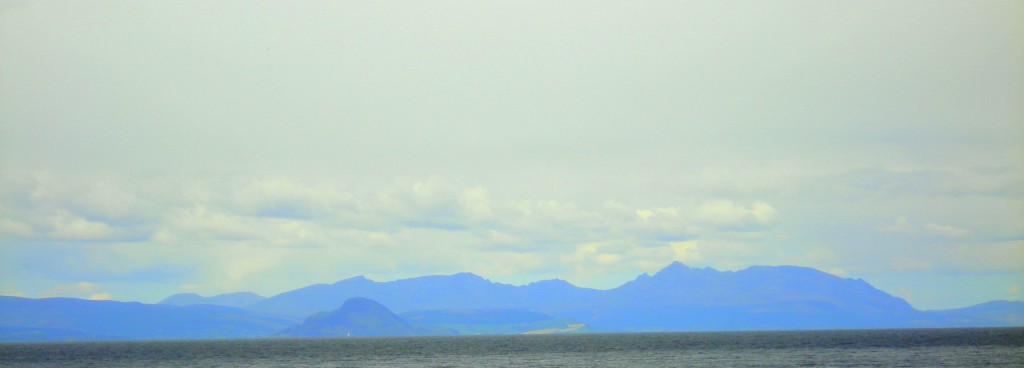
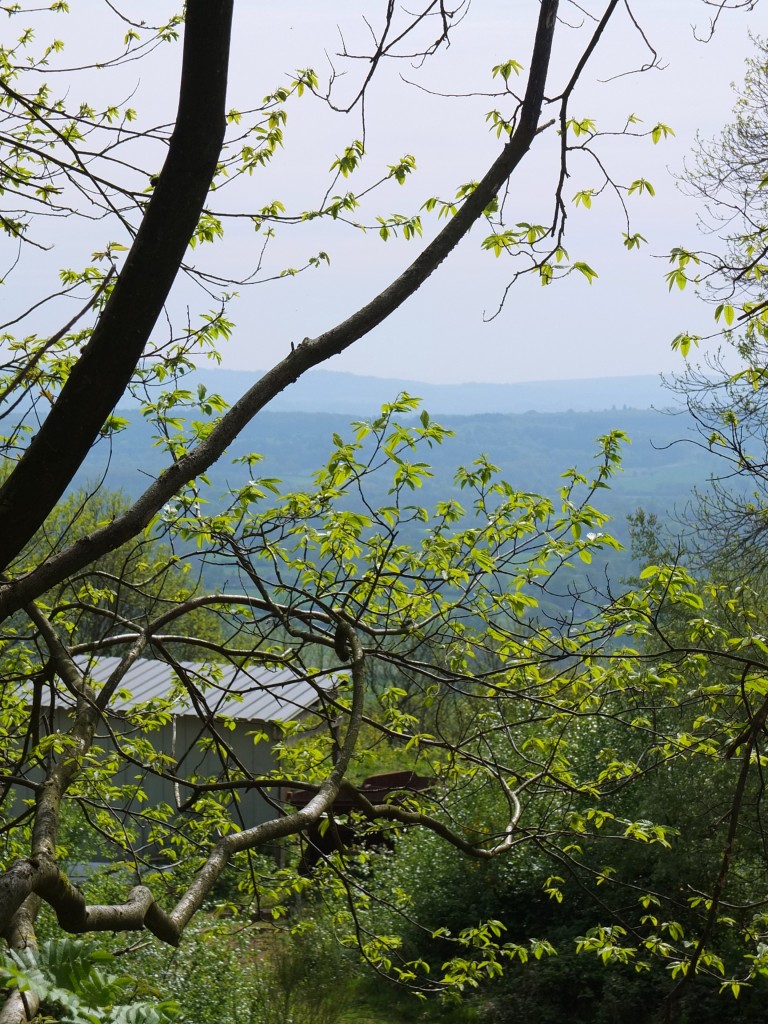

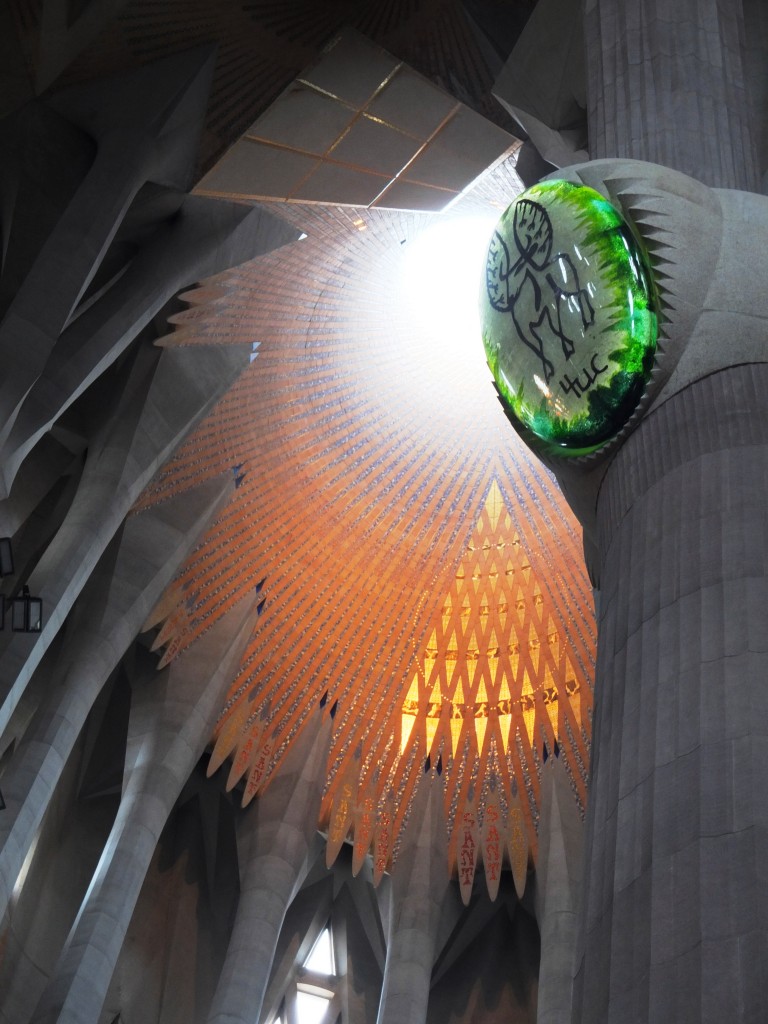
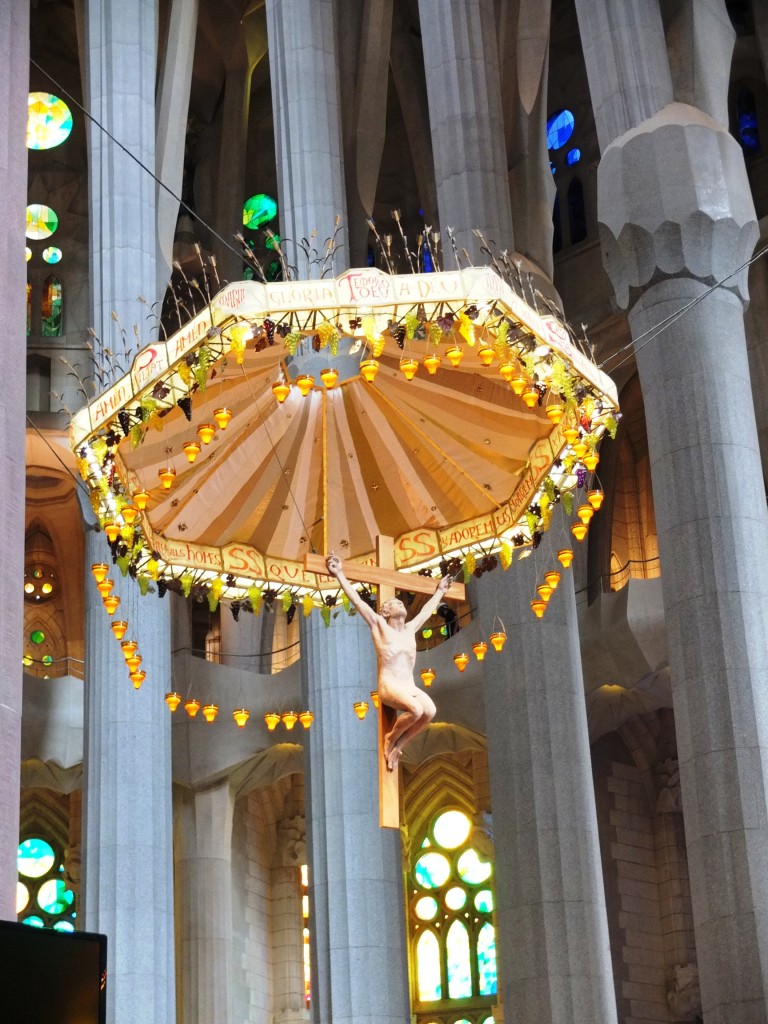
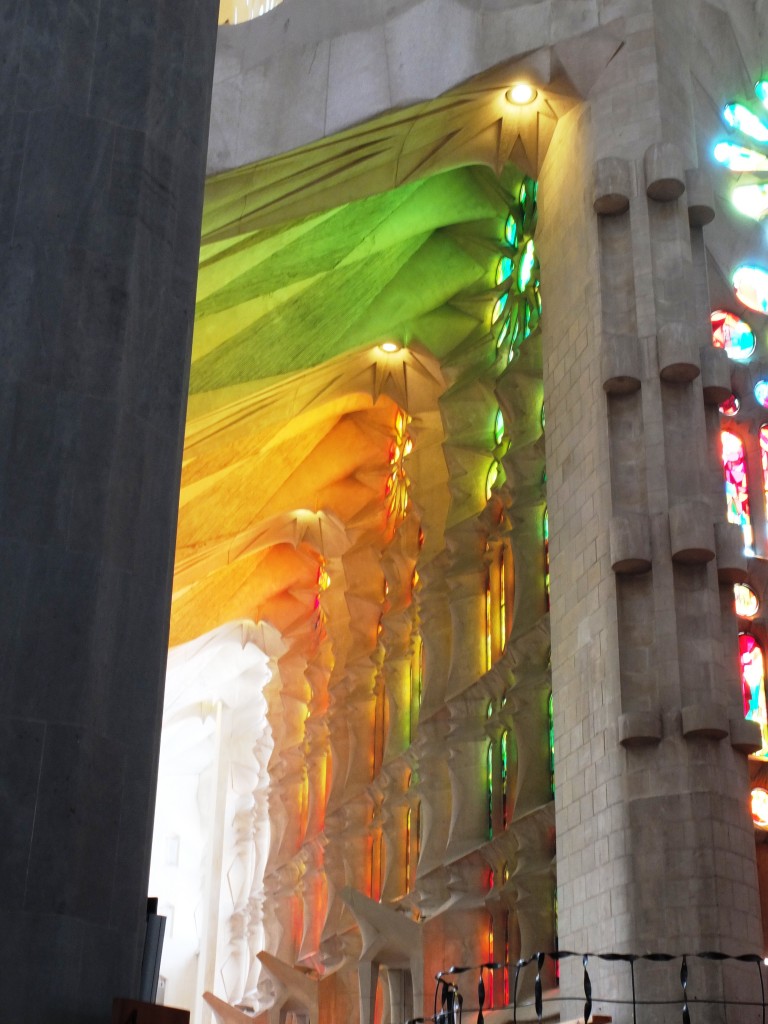
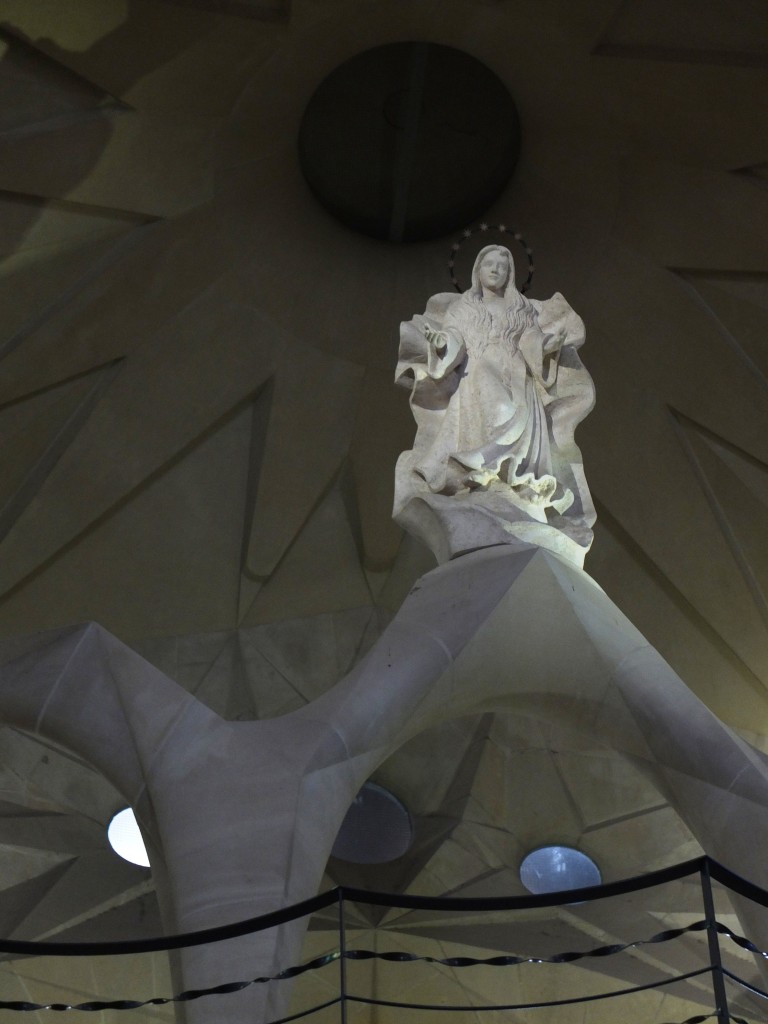
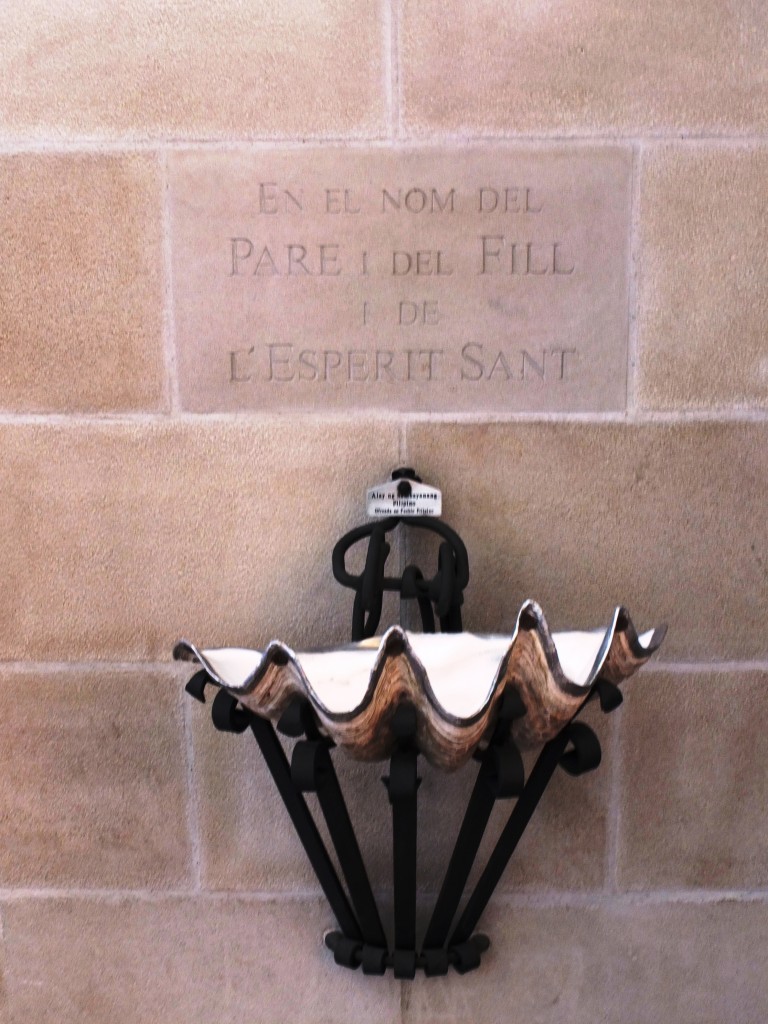



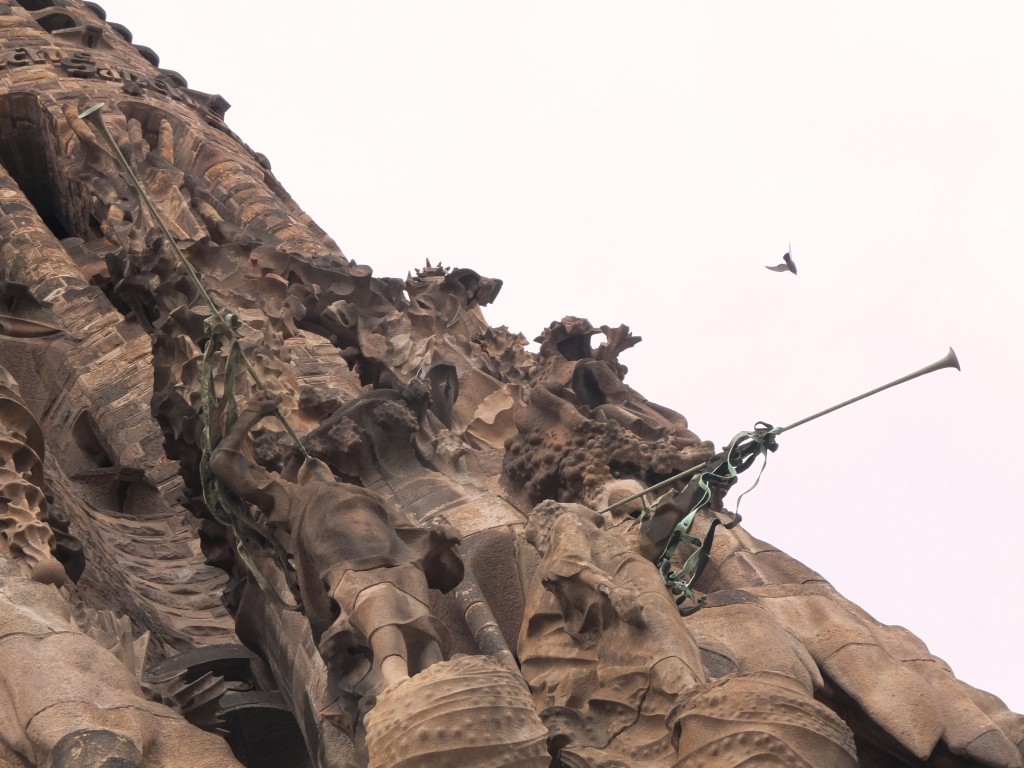
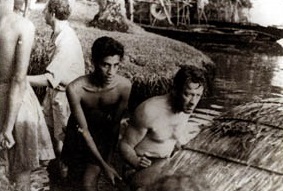


Recent Comments